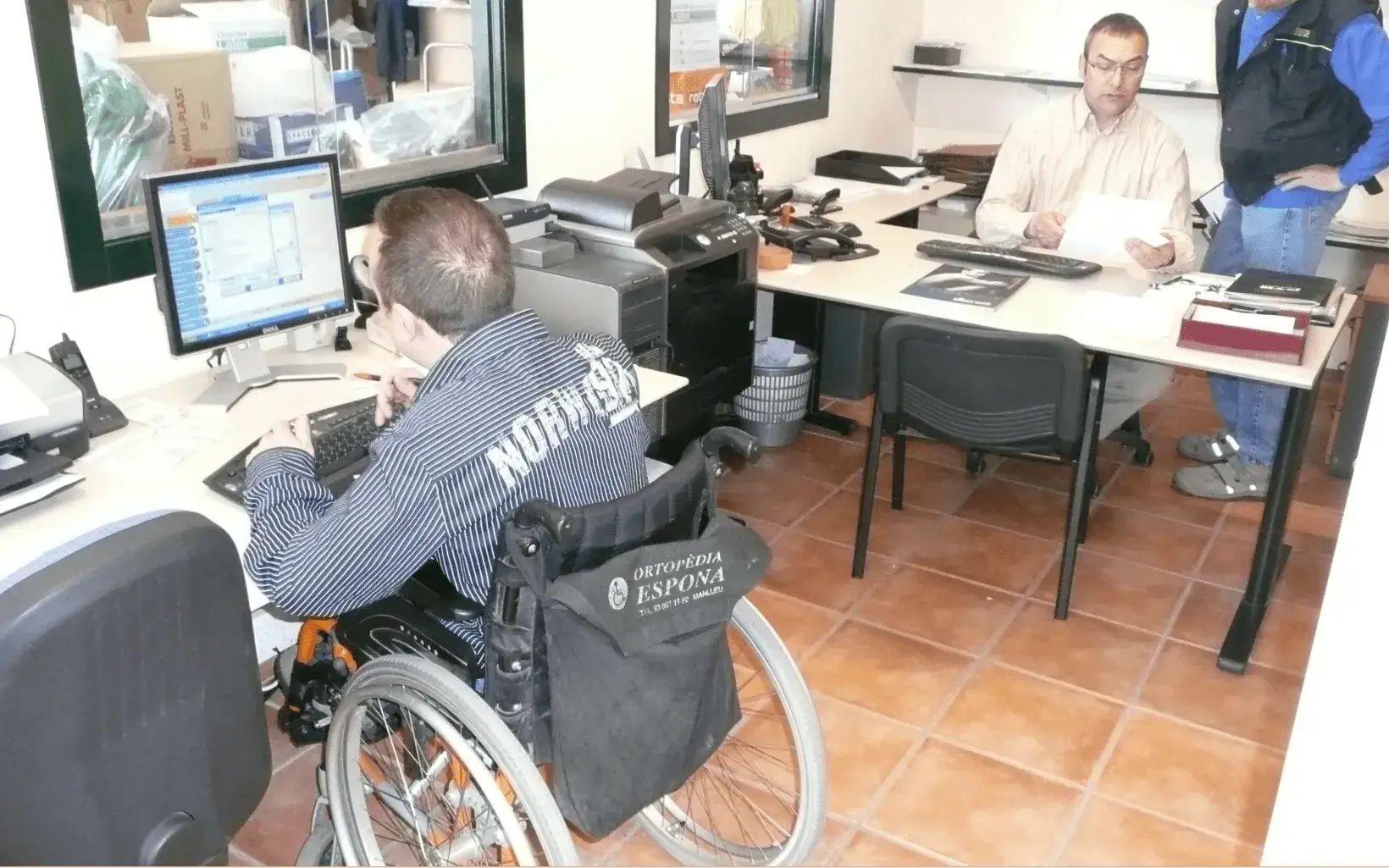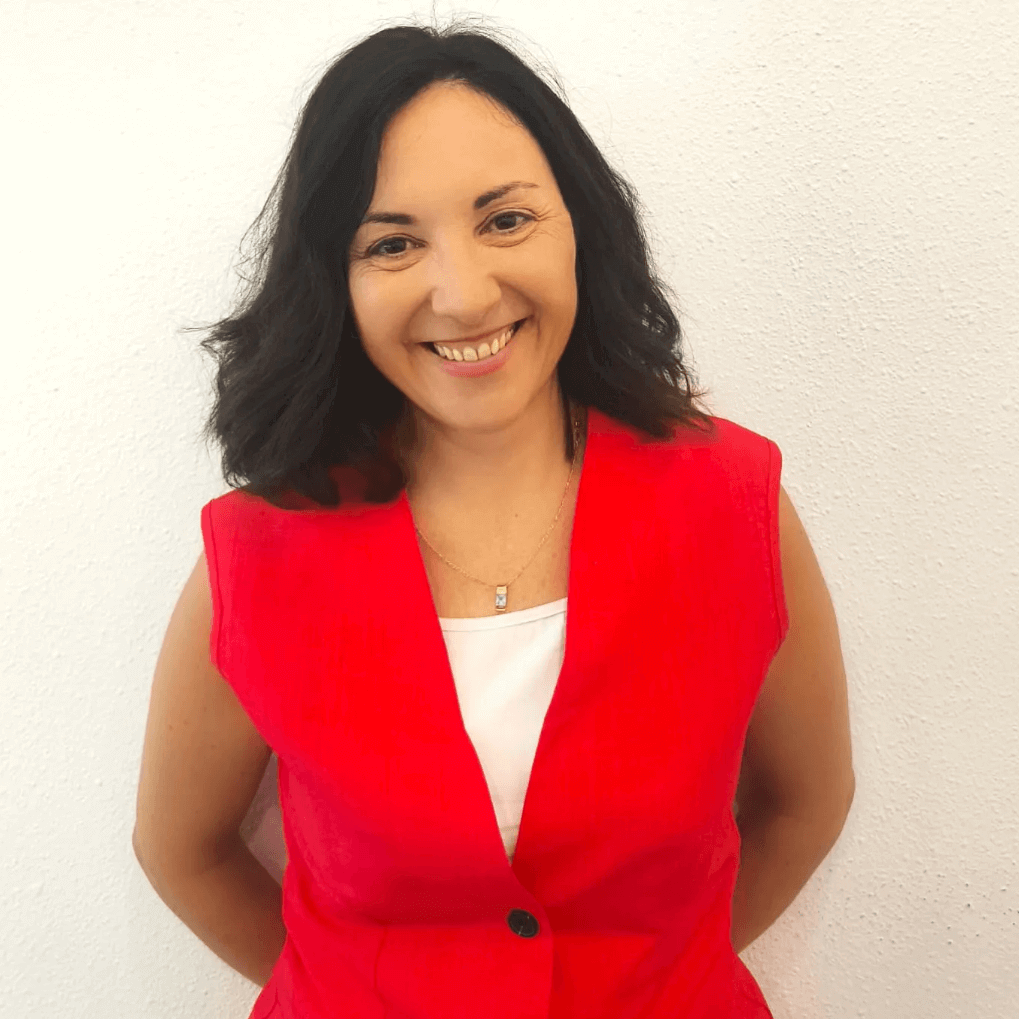
Access to employment does not depend solely on having a disability; it is conditioned by a network of inequalities that intertwine and accumulate throughout life.
At ECOM we know this well, we have been working for the inclusion of people with disabilities for more than 50 years , always placing people at the center. Experience shows us that disability, by itself, does not explain all the barriers that prevent access to a job. The dominant narrative points to disability as the main obstacle, but when we get closer to the real trajectories of many people, we discover a more complex truth.
The difficulties in accessing employment do not solely respond to a physical or health condition; they are largely due to a sum of inequalities - of gender, social class, origin, age, educational level, territory or administrative situation - that intersect and generate structural exclusion.
In our Labor Inclusion Services (SIL) we have been proving this for 30 years. We support people with physical and/or organic disabilities from a person-centered model that recognizes the complexity of each situation. Our approach is not based on labels, but on life stories.
That's why we talk about #DesigualtatPlus in our campaign, because inequality never comes alone. For example, a young woman with a disability living in a rural environment, with economic precariousness and care responsibilities, does not have the same job opportunities as a man without a disability, with higher education and a solid support network.
The labor market is not neutral. It is governed by rules that reward hyperavailability, immediate productivity, and total flexibility. These demands exclude many people who, for various reasons, cannot—nor should they—adapt to this model. In this context, disability often acts as a catalyst for other forms of exclusion. And this does not only affect people with disabilities: it also impacts anyone who deviates from the normative pattern.
Given this scenario, at ECOM we not only work to adapt people to the system, but to transform the system . We are committed to structural change: reasonable adjustments, universal accessibility, public policies with an intersectional perspective and support based on respect, recognition and empowerment.
In our guidance and employment inclusion services we work together with each person, identifying their strengths, interests and the support they need to build their own and worthy professional project. We do not apply standard formulas; we accompany personalized processes that take into account the entire journey.
Our pre-employment approach is based on the recognition that not all people are at the same starting point. That is why we offer spaces for preparation and personal strengthening that allow you to work on self-esteem, autonomy, social and digital skills, and knowledge of the work environment. This phase is key to generating real conditions for inclusion and avoiding forced or frustrated insertions in the labor market.
This support, based on bond and trust, has allowed thousands of people to access the ordinary labor market and, above all, to be recognized as citizens with full rights.
At the same time, we also work with the business community to promote more inclusive and accessible work environments , and with public administrations to influence structural policies. Because we cannot do it alone: a real commitment is needed from governments, companies and society as a whole to rethink what it means to work and for whom the labour market works —or stops working— as it is designed.
The fight for decent employment for people with disabilities is not an isolated cause: it is part of the fight for a more humane, fair and inclusive labor market for all people. Because the real challenge is not to adapt people to a system that excludes them, but to transform this system so that it embraces diversity and stops penalizing difference.



Add new comment